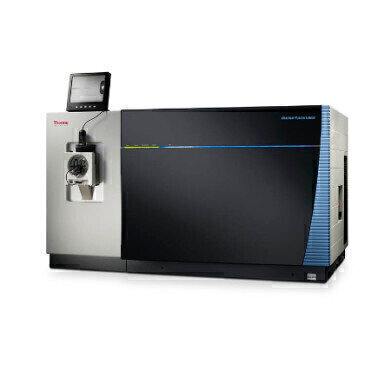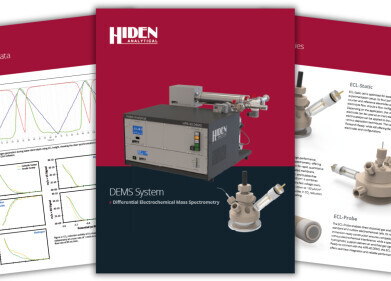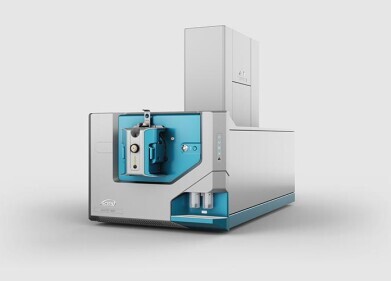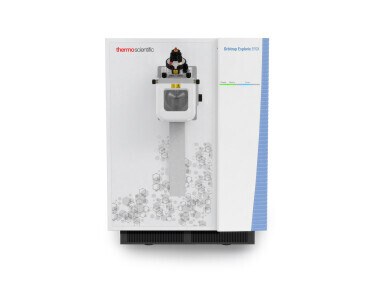Mass spectrometry & spectroscopy
New Tribrid Mass Spectrometer Delivers New Levels of Power and Performance for Protein and Small Molecule Characterisation
Jul 20 2017
Scientists facing highly complex characterisation challenges can now gain a deeper understanding of their samples with new enhancements to the industry-leading Thermo Scientific Orbitrap Fusion Lumos Tribrid mass spectrometer that extend its power, performance and versatility.
“When we launched the Orbitrap Fusion Lumos Tribrid mass spectrometer, we redefined protein and small molecule quantitation and characterisation, and this year, we pushed these limits even further,” said Ken Miller, Vice President, Omics Marketing, Chromatography and Mass Spectrometry, Thermo Fisher. “The ability to intelligently select the most promising precursor ions, create new sequence- or structure-informative fragments, and characterise them to the level of fine isotope structure is a constellation of new capabilities that make the Fusion Lumos mass spectrometer essential for the most advanced proteomics, metabolomics and small molecule research discoveries.”
The Orbitrap Fusion Lumos instrument brings an unprecedented level of structural information for improved identification and characterisation to scientists performing top down proteomics, small molecule characterisation, lipidomics and biopharma research. New enhancements include:
Integrated Ultraviolet Photodissociation (UVPD) that allows researchers to perform large and small molecule structure determination on an LC time scale. Now an optional feature on Orbitrap Fusion Lumos systems, this unique fragmentation mode is designed to improve sequence coverage and antibody characterisation, decreases scrambling in top-down hydrogen deuterium exchange (HDX) experiments and created to be a complete solution for structural characterisation of lipids and other metabolites. This provides researchers with more complete structural information to solve their complex structure assignment challenges. The enhancement is supported by the new Thermo Scientific Xcalibur 4.1 software, an easy-to-use, flexible and efficient solution that is intended to enable simple method setup, data acquisition, processing and reporting through an intuitive interface.
New Advanced Peak Determination (APD) algorithm that is designed to improve performance of most proteomic workflows with high peptide and protein identification rates in data-dependent experiments.
1M resolution, which is now available for researchers who need ultra-high resolution to confidently measure fine isotope structures or separate isobaric compounds. This new option, used to obtain unique structural and quantitative information for a wide range of compound classes, aids scientists in proteomics, pharmaceutical, metabolomics, fluxomics and industrial chemical applications.
Digital Edition
Lab Asia Dec 2025
December 2025
Chromatography Articles- Cutting-edge sample preparation tools help laboratories to stay ahead of the curveMass Spectrometry & Spectroscopy Articles- Unlocking the complexity of metabolomics: Pushi...
View all digital editions
Events
Jan 21 2026 Tokyo, Japan
Jan 28 2026 Tokyo, Japan
Jan 29 2026 New Delhi, India
Feb 07 2026 Boston, MA, USA
Asia Pharma Expo/Asia Lab Expo
Feb 12 2026 Dhaka, Bangladesh



















